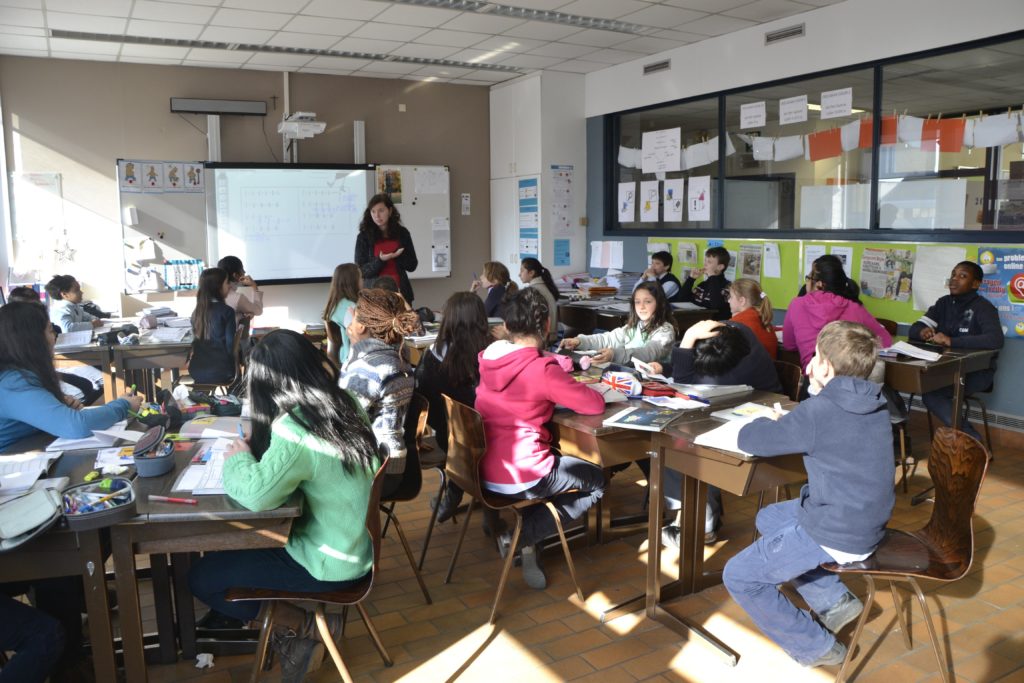Schooling in the Wallonia-Brussels Federation is generating ever more, and still too many, social or ethnic inequalities. UNIA, the interfederal centre for equal opportunities, on Monday exposed the issue, based upon its recent barometer report around diversity in education.
Relying upon evidence gathered from 662 teachers and headteachers, from 320 schools in the Federation, the study in particular shows that decisions made by pupil councils are still not simply motivated by pupil ability.
Patrick Charlier, UNIA’s Director, confirms, “In a subconscious fashion, on the part of teaching staff, social or ethnic origin can play a determining role in decisions taken in relation to education.”
For pupils with identical results, the justifications provided for choosing a given route (pass, resit or reorientation) are not the same, simply based upon pupil characteristics. It thus can happen that teachers justify their reorientation decisions through the lack of assumed parental support for the pupil, from an underprivileged and/or foreign social background.
Sometimes some schools, concerned to maintain their reputation, hesitate even to retain youngsters from disadvantaged backgrounds.
Patrick Charlier insists, “Pupil origin even influences how their support, and the form of guidance given to them, is understood. Moreover, as a consequence, there are differences in opportunities between pupils of equivalent capabilities. We cannot accept this position.”
UNIA observes that the earlier school reorientations take place, the greater the inequalities based upon social origin. The organisation is consequently supporting the federal government’s ambition to extend the core curriculum from the second to the third year of secondary school.
Moreover, although 70% of teachers and headteachers wish to build a school where LGBTI (lesbian, gay, bisexual, transgender and intersex) pupils are welcome, 30% consider that their school is not yet in a position to adapt to these new social realities, for example to accommodate families with same-sex parents.
For this purpose, UNIA recommends, “The players in teaching must develop an anti-harassment approach for LGBTI youngsters, by avoiding heteronormativity.”
Lastly, as regards children with disabilities, the survey shows a significant discrepancy. Some 80% of primary school headteachers say they support teachers who are responsible for disabled children. However, barely 20% of respondents assert that their school has a specific programme for these pupils.
Signs of inclusive education are not exactly convincing. Furthermore, some 56% of headteachers favour reorientating pupils with special educational needs towards specialist education.
The survey further indicates that faced with all of these challenges, teachers often feel deprived of support.
Some 40% of them believe that they are insufficiently equipped to implement reasonable adjustments for such children. The figure even increases to 80% when accommodating newly-arrived immigrants.
UNIA is concerned, saying, “Faced with the absence of a comprehensive policy in the sphere, teachers are often compelled to cobble together appropriate educational programmes.” As a consequence, UNIA is arguing for better teaching support, better teacher training and a restoration of the prestige of the profession.
The Brussels Times

